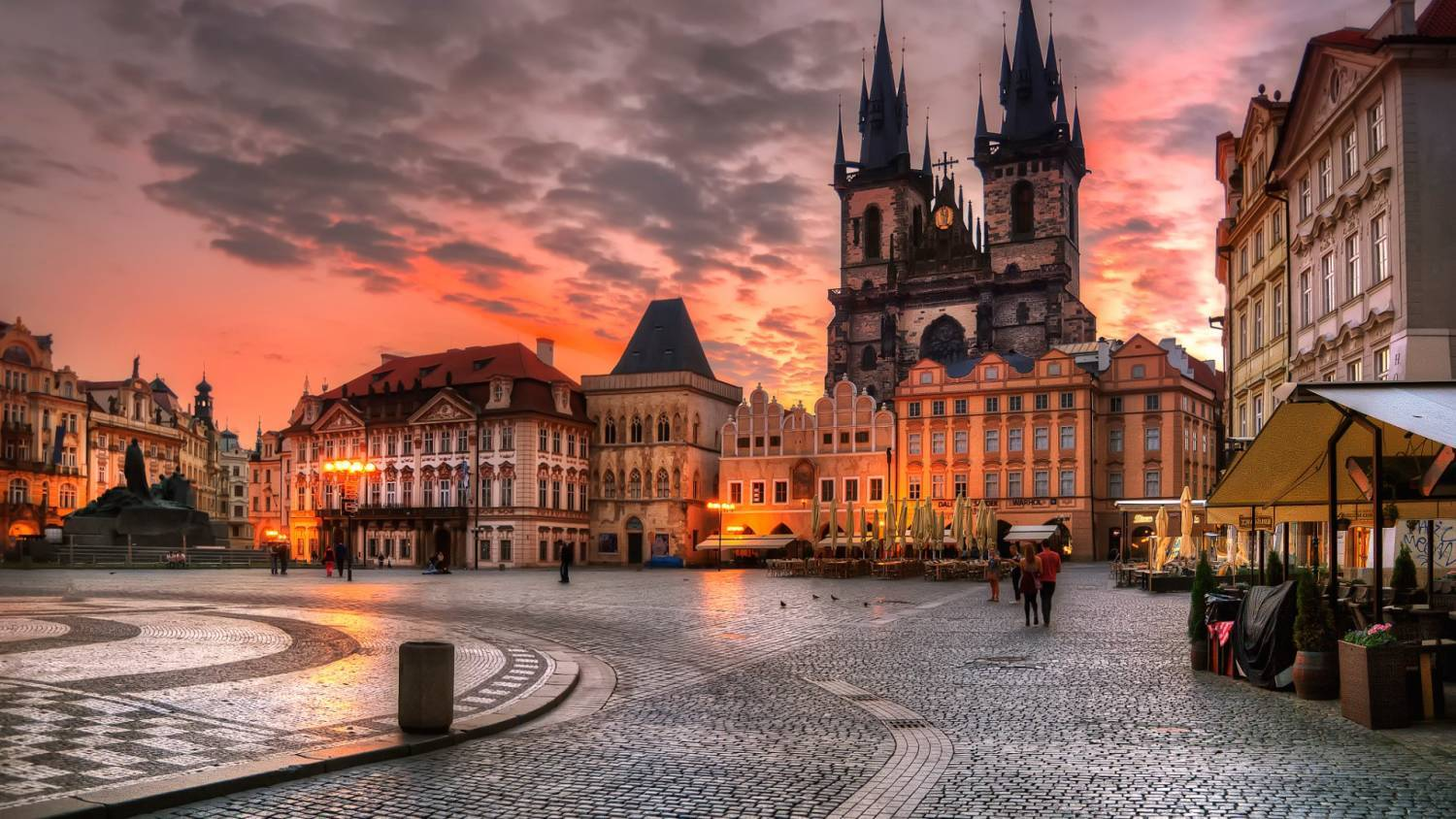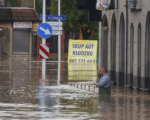Prague is taking steps to reshape its image from a party hub to a more refined cultural destination by banning late-night bar crawls. The Czech capital, known for its historical charm and beer culture, is cracking down on rowdy tourism, particularly in its historic city center, in response to growing concerns from local residents.
The ban, announced by Prague’s deputy mayor Jiri Pospisil, aims to reduce disturbances caused by tourists who visit the city for the sole purpose of drinking excessively. Pospisil emphasized that Prague is looking to attract a more “cultured, wealthier tourist” rather than those coming “just to get drunk.” This move is part of a broader effort by European cities to curb the negative impacts of tourism on local communities.
Late-Night Pub Crawls Prohibited
Beginning in early November, organized bar crawls will be prohibited between 10 p.m. and 6 a.m. in Prague 1, the city’s most iconic district, which includes UNESCO landmarks like Old Town Square, Prague Castle, and the Charles Bridge. The decision follows complaints from locals about excessive noise and disruptive behavior linked to organized pub crawls, especially from stag and hen parties.
Terezie Radoměřská, mayor of Prague 1, highlighted the desire to limit such events, which often lead to public disturbances. She stated that these activities clash with the type of tourism Prague wants to promote. The ban will focus on agency-organized pub crawls but will not prevent individual groups from visiting pubs or organizing their own bar-hopping experiences.
Response from Industry and Tour Operators
The local hospitality industry has largely supported the ban. Vaclav Starek, head of the Czech Association of Hotels and Restaurants, applauded the move, noting that beer-focused trips to the city center have been problematic for both residents and tourists. He clarified that “nobody will be banned from going to a pub,” but organized, disruptive tours will be curtailed.
However, not everyone is convinced that the ban will significantly change the behavior of tourists. Simon Old, a representative from StagWeb.co.uk and GoHen.com, two UK-based agencies that organize stag and hen parties in Prague, criticized the decision as “half-hearted.” He argued that tourists would simply adjust by organizing their own pub crawls or starting their activities earlier. He added that while authorities are right to address anti-social behavior, Prague has long profited from its party city reputation, making this shift seem contradictory.
Part of a Broader European Trend
Prague’s decision aligns with similar efforts across Europe to mitigate the effects of mass tourism. Venice, for example, recently introduced limits on tour group sizes and banned megaphones to reduce crowd congestion, while Barcelona’s mayor has announced plans to end tourist apartment rentals by 2028. These measures reflect growing concerns about over-tourism and its impact on local communities.
Prague’s ban is a response to the challenges posed by an influx of budget travelers and party tourists over the last two decades. The rise of low-cost airlines has made Prague a popular destination for short trips, particularly for large groups celebrating bachelor or bachelorette parties, often from the UK.
As Prague seeks to evolve its tourism strategy, the city is walking a fine line between maintaining its appeal as a tourist-friendly destination and protecting the quality of life for its residents.












